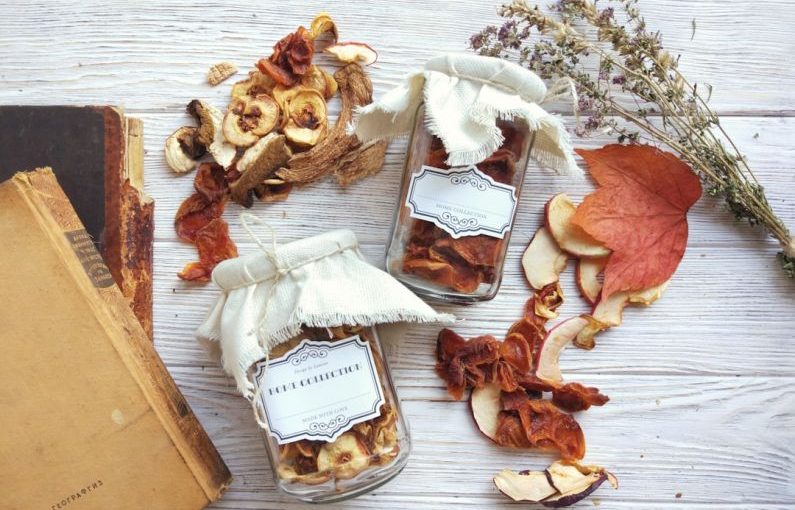Preserving food has been a practice as old as civilization itself. From salting and smoking to canning and freezing, various methods have been employed to ensure food longevity. In recent years, the food industry has witnessed a shift towards more innovative and sustainable preservation techniques, with a particular focus on sugar-based preservatives. These new approaches not only extend the shelf life of products but also cater to the increasing consumer demand for natural and clean-label ingredients.
Sugar as a Versatile Preservative
Sugar, a common ingredient in many food products, is now being recognized for its preservative properties beyond just adding sweetness. Its ability to inhibit microbial growth and prevent spoilage makes it an attractive option for food preservation. Sugar works by reducing the water activity in food, creating an environment where bacteria and other pathogens are unable to thrive. This makes it an effective and natural way to extend the shelf life of various food items.
Innovative Applications of Sugar Preservatives
1. Sugar Syrups: Sugar syrups, such as simple syrup and invert syrup, are commonly used in the food industry for their ability to retain moisture and inhibit microbial growth. These syrups are versatile and can be easily incorporated into a wide range of products, including baked goods, beverages, and preserved fruits.
2. Sugarcane Extracts: Extracts derived from sugarcane, such as molasses and sugarcane juice concentrate, are gaining popularity as natural preservatives. These extracts not only provide a sweet flavor but also offer antimicrobial properties that help to extend the shelf life of products.
3. Sugar Alcohols: Sugar alcohols, such as xylitol and erythritol, are sugar substitutes that are commonly used in sugar-free and low-calorie products. These compounds have been found to have antimicrobial properties, making them effective preservatives in a variety of food applications.
4. Sugar Esters: Sugar esters are a group of compounds derived from the esterification of sugars with fatty acids. These compounds have been shown to exhibit strong antimicrobial activity, making them ideal for use in preserving a wide range of food products, including dairy, meat, and bakery items.
Sustainability and Clean Label Trends
One of the key driving factors behind the adoption of sugar-based preservatives in the food industry is the increasing consumer demand for sustainable and clean-label products. As consumers become more conscious of the ingredients in their food, there is a growing preference for natural and recognizable preservatives like sugar. By using sugar-based preservatives, food manufacturers can meet consumer expectations for clean-label products while also extending the shelf life of their offerings.
Challenges and Future Outlook
While sugar-based preservatives offer many benefits, there are also challenges that need to be addressed. One of the main concerns is the potential for increased sugar content in products, which may not align with the current trend towards reducing sugar consumption. Additionally, the cost of sugar-based preservatives can be higher than synthetic alternatives, which may pose a barrier to widespread adoption.
Looking ahead, the future of sugar-based preservatives in the food industry looks promising. With ongoing research and development efforts focused on enhancing the efficacy and sustainability of these preservatives, we can expect to see more innovative applications and solutions in the years to come. By leveraging the natural properties of sugar, food manufacturers can continue to meet consumer demands for safe, high-quality products while reducing their environmental impact.
In conclusion, the use of sugar-based preservatives represents a significant shift in the food industry towards more natural and sustainable preservation methods. With their antimicrobial properties and clean-label appeal, sugar-based preservatives offer a promising solution for extending the shelf life of food products while meeting consumer preferences. As technology and research advance, we can anticipate even more innovative applications of sugar in food preservation, driving the industry towards a healthier and more environmentally friendly future.





